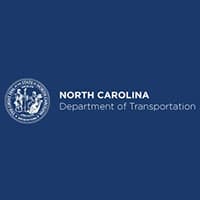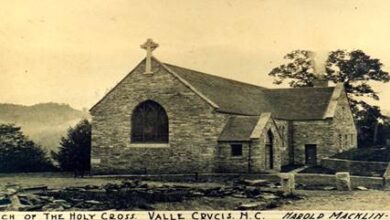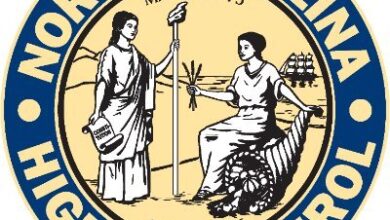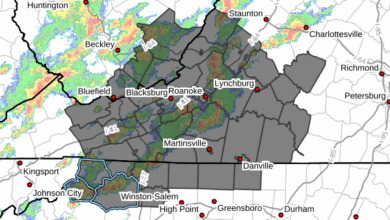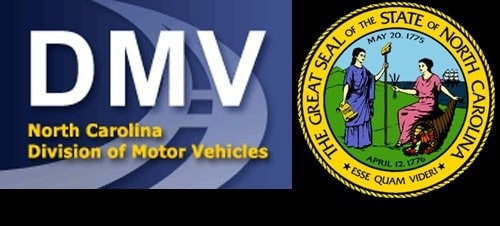Last Updated on February 12, 2022 6:43 pm
North Carolina Superintendent Mark Johnson announced today that school report cards for all public schools in the state are now available with 2016-17 data at NC School Report Cards, a completely redesigned, user-friendly website.
North Carolina’s school report cards are an important resource for parents, educators, state leaders, researchers, and others, providing information about school- and district-level data in a number of areas. These include student performance and academic growth, school and student characteristics, and many other details.
“The brand-new website, NC School Report Cards, is a resource for parents and educators that provides the transparency they need into the characteristics and performance of our public schools in an easy-to-use format,” Johnson said. “As a parent, I believe this is the kind of information the public needs about our schools, in an accessible format we can all understand. As a former ninth-grade teacher, I am particularly excited to launch the student-readiness indicator, which shows how prepared students are when they enter a school.”
Report cards are provided for all North Carolina public schools, including charter and alternative schools. While many parents and caregivers will receive a printed version of the report card for their child’s school, the website contains additional data and information about the indicators that were difficult to capture in a printed document.
In addition to being accessible to those on mobile devices, the 2017 release of the online report card includes two new features. The first is information related to Career and Technical Education — what courses are offered and the number of industry-recognized credentials that have been earned by students. The second new feature is a student-readiness indicator, which shows the percentage of students entering a school’s lowest grade who were proficient in both reading and math at the end of the previous year. The student-readiness indicator, along with information about the percentage of students who are economically disadvantaged, provide context to the test scores and other information that is provided.
Johnson unveiled the new website at the Winston-Salem/Forsyth County Schools district leadership meeting Tuesday.
“As a district that showed great strides in growth, we think parents will find the color coding and user-friendly formats nice ways to see how our schools are moving students forward,” district superintendent Beverly Emory said.
The new website allows for side-by-side school comparisons. Since schools are structured differently from one another in terms of size, grade levels, student populations, and programs offered, the report cards should not be used to rank schools.
Researchers and others who want more detailed data may visit the school report card analytical site at https://ncreportcards.ondemand.sas.com/landing.html. Data downloads are available at http://www.ncpublicschools.org/src/researchers/. The North Carolina School Report Cards have been produced annually since 2001 to provide information about local schools, districts and overall state data. More information, including answers to frequently asked questions about the report cards, is available at http://www.ncpublicschools.org/src/.







